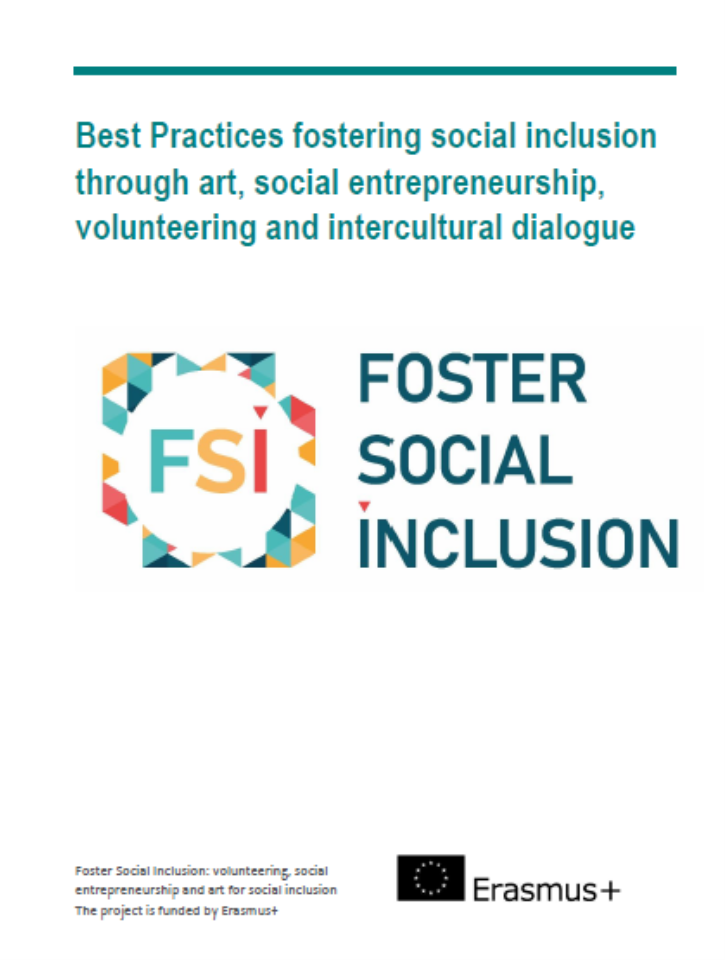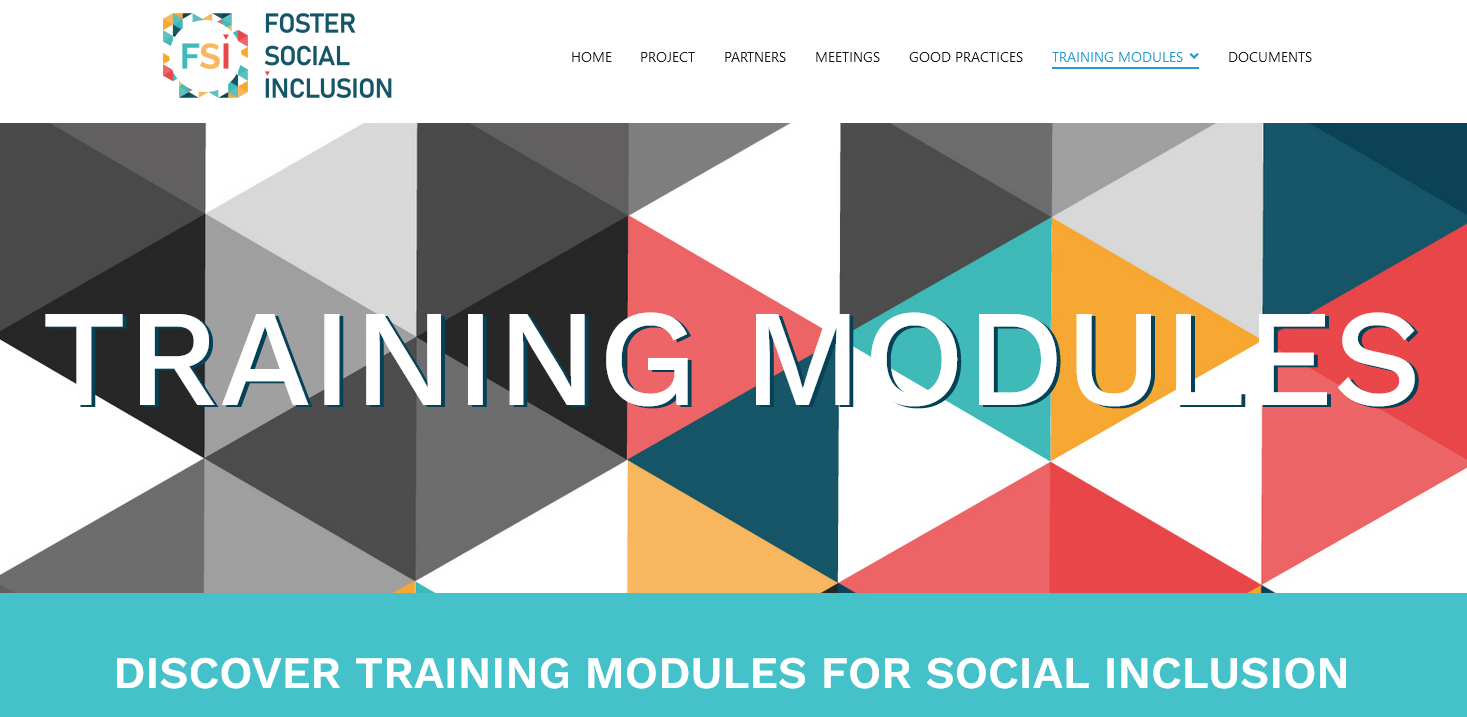CONTEXT
The project is built to support, address diversity and promote, through best practices, the social inclsion of persons at risk of social exclusion such as migrants, refugees, health-related conditions, low-skilled and low-qualified, female and gender-related discrimination. The educators active in adult learning are continuously looking for more effective forms and methodologies to be used to foster social inclusion.
The partners, at the application stage, have detected the needs and it came out that it is necessary to learn from practices, to discover from real cases rather than study, on a desk, new methodologies and experimental approaches. There is also an evident lack of effective and structured ways to obtain life skills within adults: the skills that are not exclusively related to the job but that are essential to be more integrated e.g. volunteering activities, environmental education, intercultural awareness.
The partners, active in different fields of adult education, want to discover how is possible to foster social inclusion with art, social entrepreneurship, volunteering and intercultural dialogue.
OBJECTIVE
Thanks to the possibility to investigate, discover and exploit the success of best practices already successful in Europe, the staff is able to learn about methodologies and approaches effective for adult learners. A better Europe is possible only by fostering the social inclusion with art, social entrepreneurship, volunteering and intercultural dialogue.
The partnership will develop some relevant outcomes, such as the collection about successful practices in terms of social inclusion, different training modules with a description of some methodologies for social inclusion.
Main results are going to be translated and made available as Open Educational Resources in 8 different languages (English + all partners’ National languages).
PARTICIPANTS
Educators from partner countries are going to participate in intensive transnational project meetings, including training activities and the visits to stakeholders.
RESULTS
– GOOD PRACTICE examples (GP) about successful social inclusion coming from all over Europe – a selection of the Best Practices (BP) will be collected in a Handbook in English after an intensive evaluation process;
– TRAINING MODULES with a description of some successful and effective methodologies for social inclusion – available in all partners national languages as a dynamic PDF document (interactive document with buttons, movies and sounds, hyperlinks, bookmarks, and page transitions);
– OER documents in digital format as PDF (ref. ISSUU platform): a series of digital publications (Open
Educational Resources) such as Best Practice Handbook and Training Modules (available in all partners national languages);
– FACEBOOK PROJECT PAGE: used as a dissemination tool for information about the main project activities, outcomes and results;
– WEB PLATFORM: the project website will collect all the materials produced by the partnership and will detail all the activities carried out by the partners;
– NEWSLETTERS: No. 2 Newsletters used to detail and show the project impact and activities such as photos, interviews of staff and relevant stakeholders;
– LEAFLETS: to give information in a glance about the project – in printable format and PDF in 8 languages (English and all partners? languages).
TARGET GROUP
Educators to improve their skills and learn about effective methodologies and approaches for people at risk of social exclusion:
– Migrants and refugees
– Adults with health-related conditions (e.g. mental health disease, HIV)
– Low-skilled and low-qualified
– Female and gender-related discrimination
METHODOLOGIES AND APPROACHES to be used during the project lifetime are various and based on different training activities.
The workshop/training are about the following topics :
– Art for social inclusion
– Social Entrepreneurship
– Female Entrepreneurship
– Volunteering for Environmental Purposes
– Volunteering for Social and Civic Purposes
– Migrant Inclusion
– Storytelling for Social Inclusion
The transfer of knowledge is going to be reinforced by some visits to relevant stakeholders selected in accordance with the topic of the training carried out during the second day of each Transnational Project Meeting.









